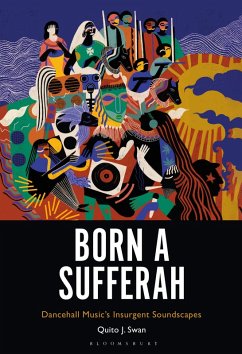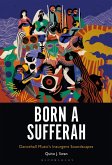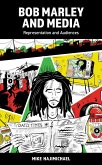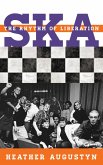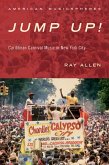This book evaluates modern Black internationalism through the sonic insurgencies of Reggae and Dancehall. Born as a sufferer in the 1970s, Dancehall is often framed by its lyrics of hyper masculinity. This has distorted its intertwined engagement with the politics of its older sibling Reggae-largely Rastafari's critique of the West as being of a Biblical Babylon. Both strains grappled with questions of a decolonizing and migrating Caribbean: hard times, concrete ecologies, and promised lands. But if Reggae's radical soundings of Black liberation repatriated East beyond Babylon's rivers, then to what extent did Dancehall imagine Zion amidst the contradictions of the gully sided West? In the global 1990s Reggae and Dancehall sound systems curated sites of Black cultural insurgency across the world. Stretching beyond the bombastic business of moving crowds with music, they were amplifiers and receivers of Caribbean political epistemologies. In the dancehall, these cultural innovators remixed Western modernities and compressed timelines of Black radicalism, fashioning myriad sound-driven Zions to move against the traffic blocking of Babylon's street sweepers and lookout fetishes. Their frequencies of subaltern clap back thrived in night clubs, nyabinghis, and favelas where subversive musical practices were documented on dubplates and globally distributed on cassettes. An expansive grassroots audio archive of Black insurgency, sound system culture was a radically complex space of Ubuntu place making, sonic cartography, and Black internationalism.
Bitte wählen Sie Ihr Anliegen aus.
Rechnungen
Retourenschein anfordern
Bestellstatus
Storno

